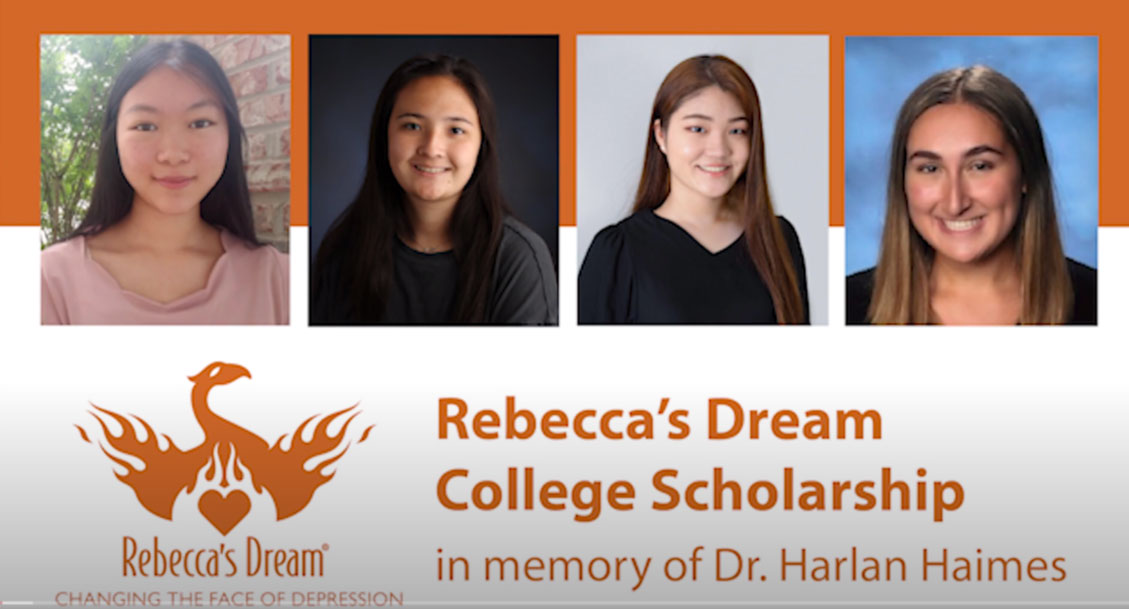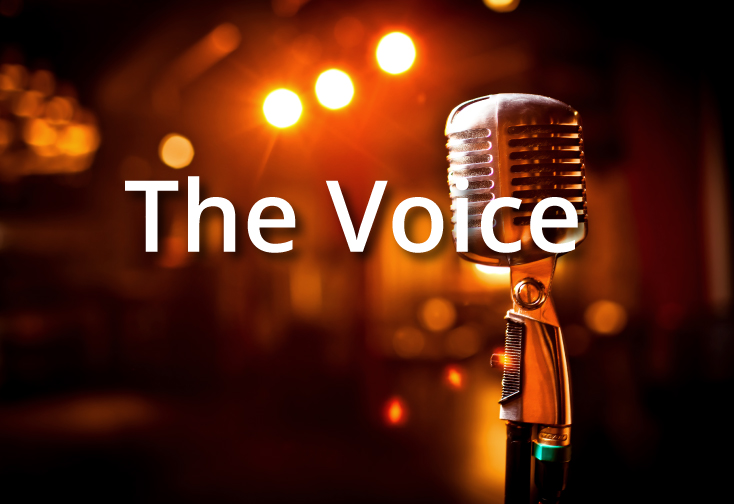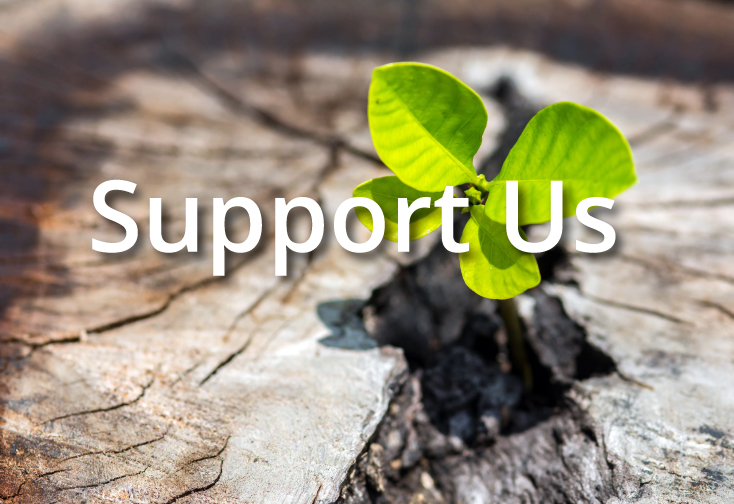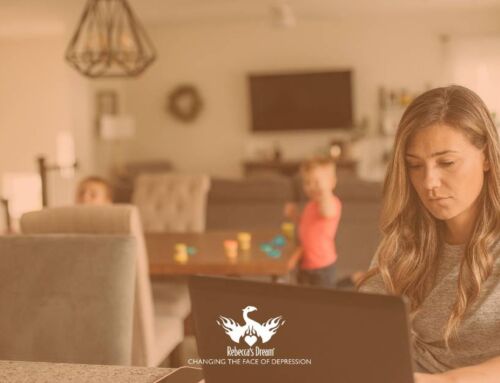This year during Mental Health Awareness month and as we approach graduation season, there is no denying the effects of COVID on the world and especially in our schools.
There is great concern for the mental health and well-being of students who for the last year have found themselves at home the majority of the time, separated from friends; sports and other activities deemed unsafe for the time being.
“Students are struggling across the board,’ said Jennifer Rothman, senior manager for youth and young adult services at the nonprofit National Alliance on Mental Illness. ‘It’s the social isolation, the loneliness, the changes in their routines.”
(Quoted by Donna St. George and Valerie Strauss in Partly hidden by isolation, many of the nation’s schoolchildren struggle with mental health in The Washington Post)
Rothman added that “students who might never have had a symptom of a mental health condition before the pandemic now have symptoms.” (Quoted by Donna St. George and Valerie Strauss in Partly hidden by isolation, many of the nation’s schoolchildren struggle with mental health in The Washington Post)
While there is an urgency in ensuring the strong mental health and care of students who have found themselves thrust into this previously unknown world, there is an equally urgent need to care for the mental health of a lesser thought of group – a group that looks forward to graduations for the same reason as they look forward to holiday breaks and weekends…and a group that perhaps has not struggled as much as others during this pandemic.
Consider the student who sits in the back of the class never speaking, the student always picked last for every team in gym class, the student who plays alone at recess and eats alone at lunch and the student who hides behind his text book praying the teacher doesn’t call on him because he can’t figure out the answer and doesn’t want the other kids to laugh at him again.
The struggle for students missing school is very real and is not to be denied. However, if there is anything good that has come from the new world these youth have found themselves in, perhaps it is the ability to empathize with those who have endured loneliness and isolation their entire lives, just to have it exacerbated by seven hours a day in classrooms with individuals who–until now–could never understand those feelings.
Society needs to be concerned with the mental health of those suffering because of COVID, and there is no time better than Mental Health Awareness Month and graduation season as students in many schools continue to have altered ceremonies if any at all and continue to be reminded of the changes they have endured as a result of the pandemic.
But that concern cannot stop there. Loneliness and mental illness didn’t start with COVID, and those feelings won’t stop when the virus is under control. Society needs to take the knowledge gained from those suffering today and remember it long beyond graduation season and into the fall when schools open again. It’s time to think about the mental health of those who have been enduring loneliness their entire lives, not just during the pandemic.
Morgan Butler
Rebecca’s Dream College Scholarships in Memory of Dr. Harlan Haimes
Rebecca’s Dream 2021 Mental Health Award is an annual award that celebrates exceptional high school seniors from Illinois schools. These students share in Rebecca’s Dream’s mission and vision to reduce the stigma of mental illness and ‘Change the Face of Depression.’
The high school students selected for this award each receive $1,000 and recognition on Rebecca’s Dream’s website. The awardees were recognized in a Zoom ceremony that can be viewed here. Susan Haimes presented the awards in memory of her husband, Dr. Harlan Haimes and each recipient shared their passion for eliminating the stigma surrounding mental illness.
 These scholarships are in memory of our Co-founder, Dr. Harlan Haimes.
These scholarships are in memory of our Co-founder, Dr. Harlan Haimes.
Rebecca’s Dream is grateful to Harlan for his dedication, devotion and vision to reduce the stigma of mental illness by promoting awareness and compassionate understanding of depression and bipolar disorder as real diseases.
Rebecca’s Dream educates the community

“Get Out Alive” cast party
Get Out Alive is theatre remixed for the internet. This autobiographical, afrogoth musical blends art, technology, and performance to share one woman’s personal journey with mental health. Equal parts raucous, tender, intelligent, and triumphant, Nikki Lynette’s offbeat approach to sharing her story shows that even when life leads us to a bad place, we can always make it out alive.
Following the show, viewers participated in a ‘Get Out Alive’ cast party where Nikki Lynette and the rest of her team discussed why this production and conversations about mental illness are so important. Stacey Gottlieb, LCSW and Rebecca’s Dream’s Board Member, was there to answer questions pertaining to mental illness. The attendees walked away knowing that they are not alone with whatever mental health challenges they may have at the moment and resources and tips on how to handle mental and emotional challenges for self and/or loved ones.
The Panelists Included:
• Nikki Lynette | Writer, Performer & Art Director
• Roger Ellis | Director & Choreographer
• Brannon Bowers | Creative Producer
• Keeley B. Morris | Cast Member (AMTP, Steppenwolf, Series)
• Jyreika Guest | Cast Member (Series)
• DJ P1 | Cast Member (AMTP, Steppenwolf, Series)
• Stacey Gottlieb, LCSW, ACSW | Rebecca’s Dream’s Board Member
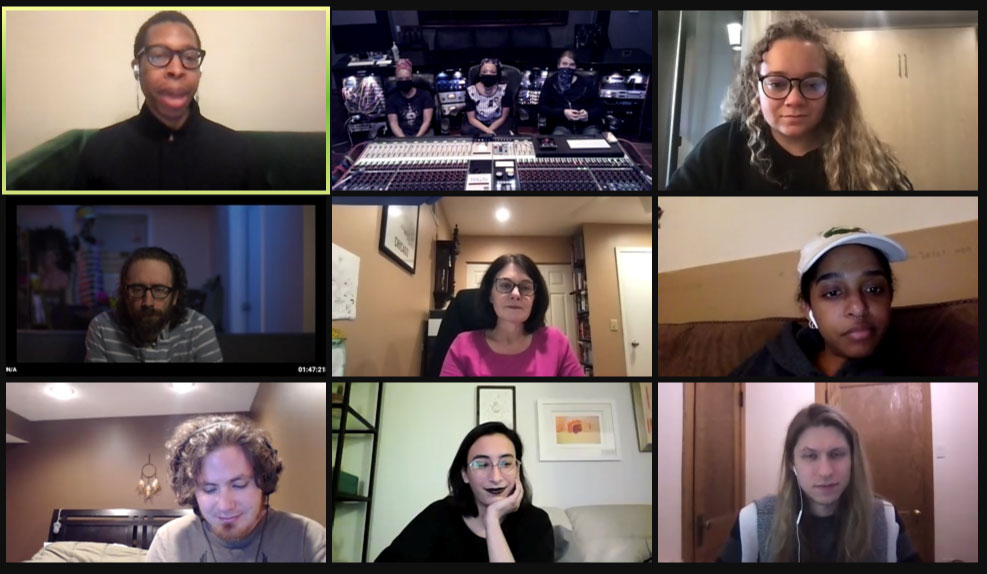
Journey to College: Transitioning to College Life
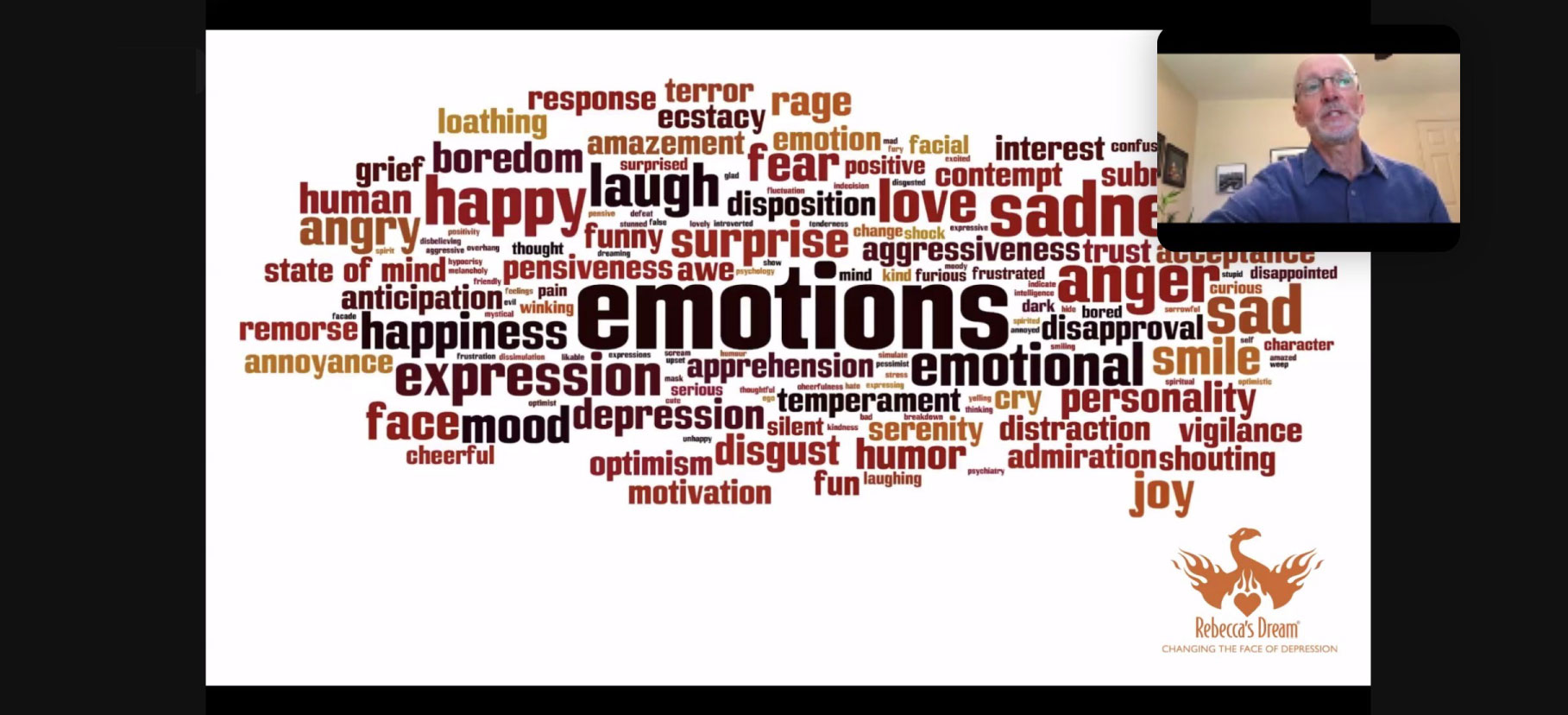
Dr. Joe Novak, clinical psychologist, discussed how exciting and challenging the first year of college can be, how to manage difficulties in school and how to look at emotions and the importance of identifying and reflecting on them to prevent increased mental health concerns.
He armed Glenbrook North High School seniors with coping strategies, how to advocate for themselves and how to find and use campus resources. Dr. Novak encouraged 2020/21 college freshmen to remember that college is the first step towards independence and that it doesn’t mean that you are alone. Stay connected with your social and family village.
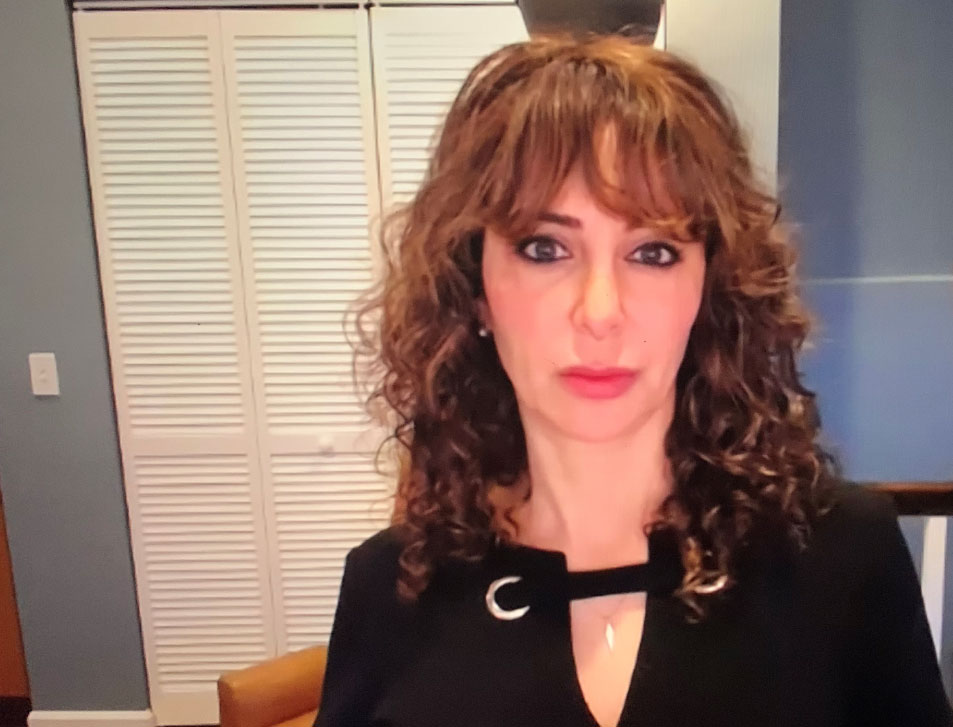
Dr. Mojgan Makki
Time to Talk:
What parents need to know about teen mental disorders and wellness
Dr. Mojgan Makki spoke to Glenbrook North and South parents about working together as a community to educate themselves and others about mental disorders and suicide, reduce the stigma associated with mental illness, and open the lines of communication within their community, their schools, and their families.
Because suicide is the second-leading cause of death in youth 25 years and younger, the number one risk for suicide is psychiatric disorders, and one in five youth suffer from psychiatric disorders, Dr. Makki urged parents to start talking about mental health at home, with their teenagers, right away.
Her suggestions for having these uncomfortable conversations included:
Dr. Makki concluded her presentation by reassuring parents that there is hope and there is support.
I told my friend that I’m emotionally “hitting a wall” and she said, “Sometimes walls are there so we can lean on them and rest.”
I can’t even begin to express how much I needed to hear that.
-Brandon Kyle Goodman
Junior Board Member Highlight: Olivia Lansburgh

My name is Olivia Lansburgh, and I have been working with Rebecca’s Dream through the Junior Board. Rebecca’s Dream has helped create opportunities for young people like myself to help break the stigma and raise awareness for mental health. My own journey with mental health has taught me how important it is to discuss mental health and make it okay not to be okay.
This foundation is so important because it creates a community for people struggling to know they are not alone, but it also educates people who don’t personally struggle so they can help support others. By recognizing signs in others, you can potentially save someone’s life. My goal is to continue to work hard and be an advocate for anyone struggling and for anyone who knows someone struggling with mental health, and I know Rebecca’s Dream will support me in doing so.



